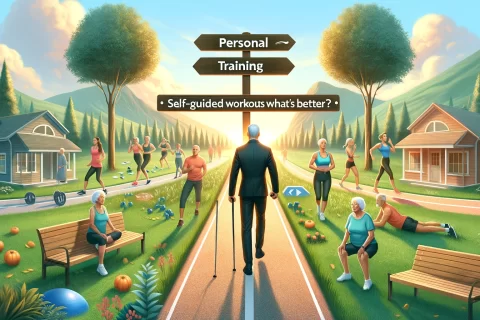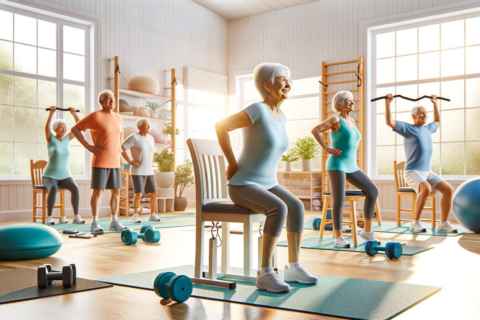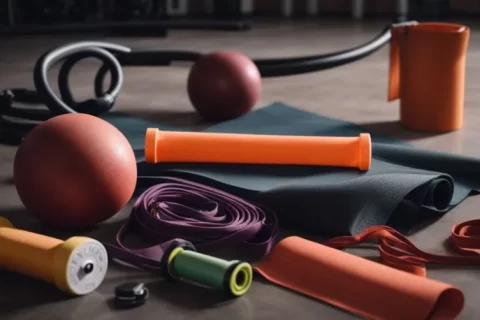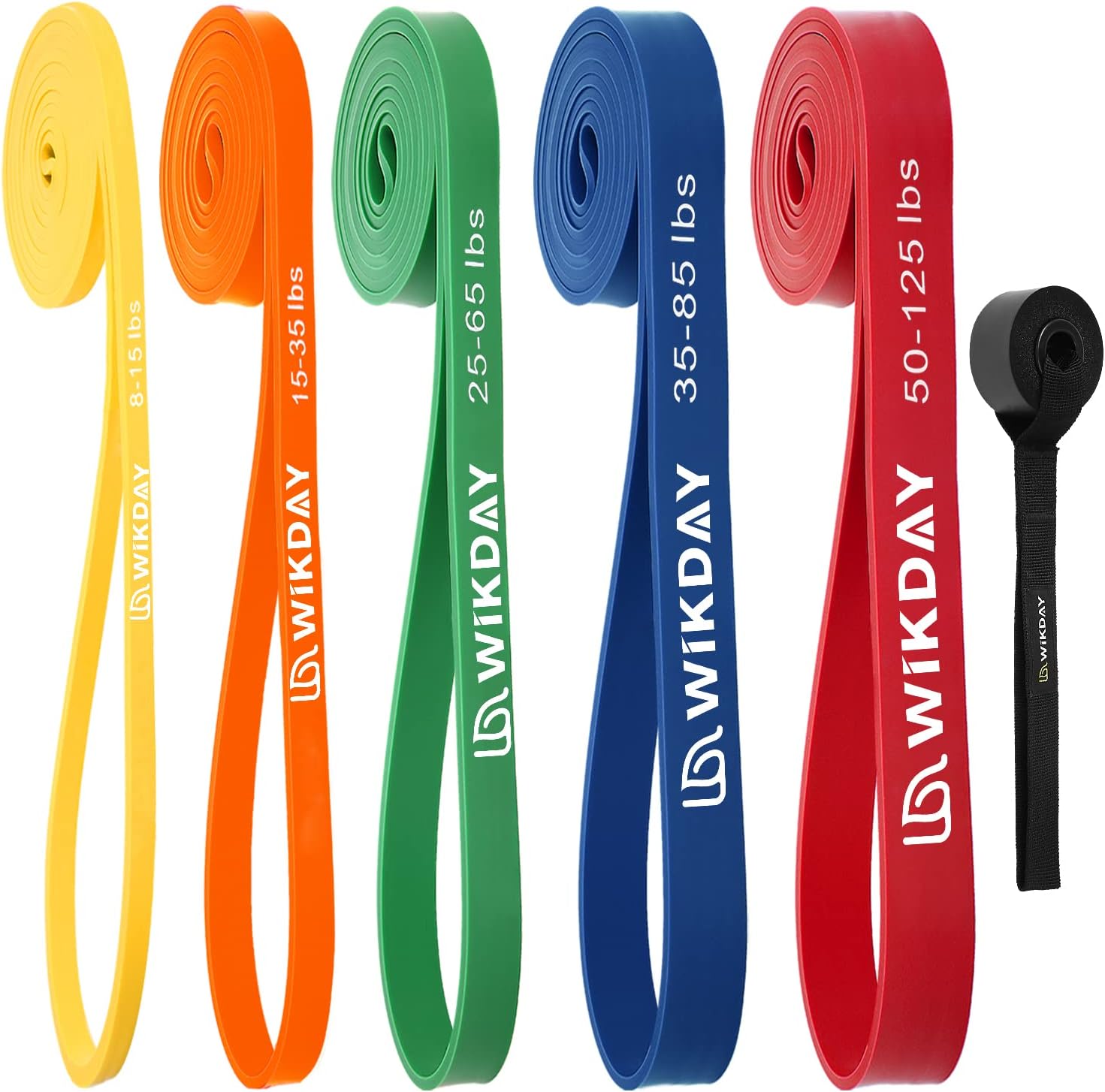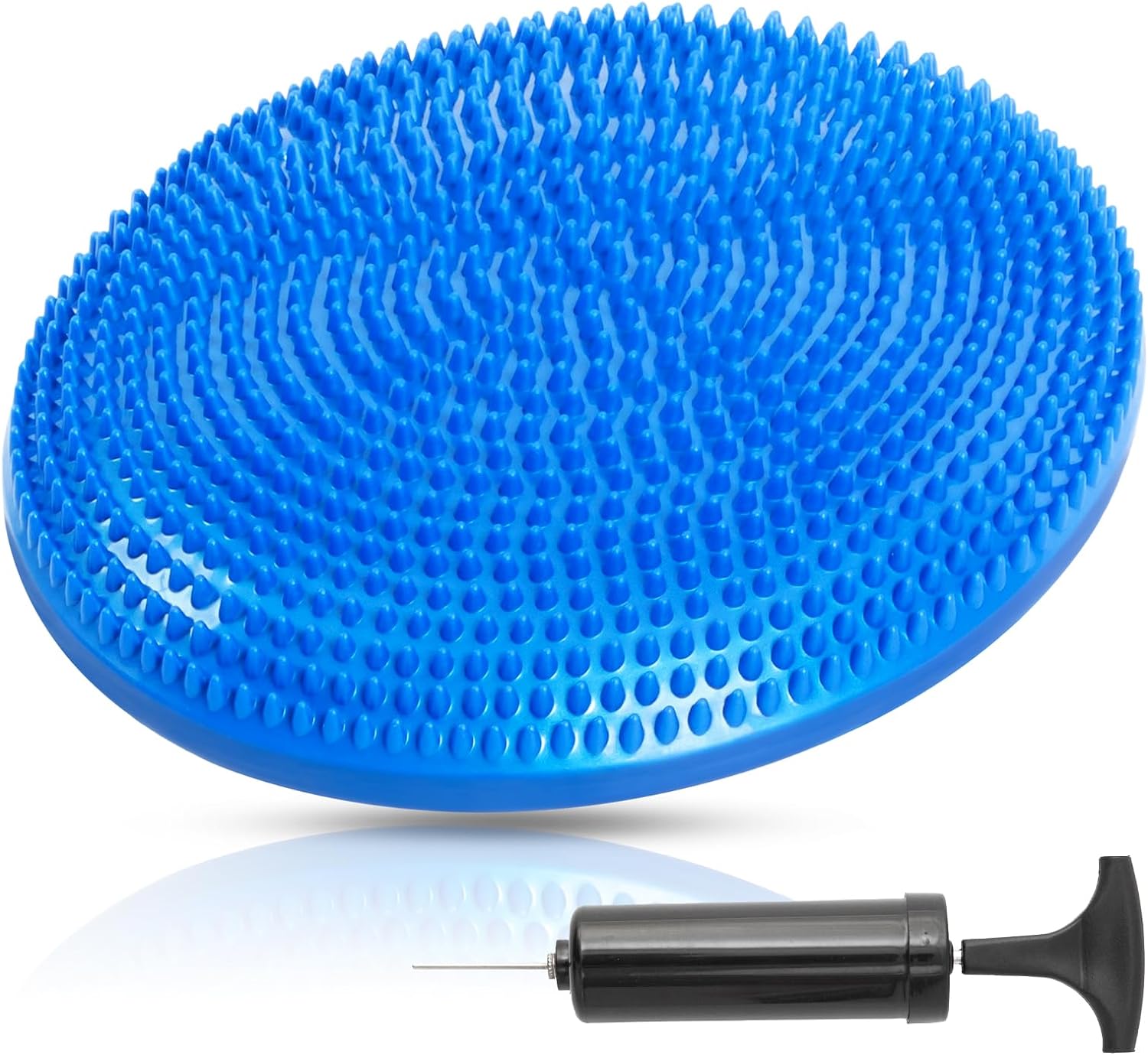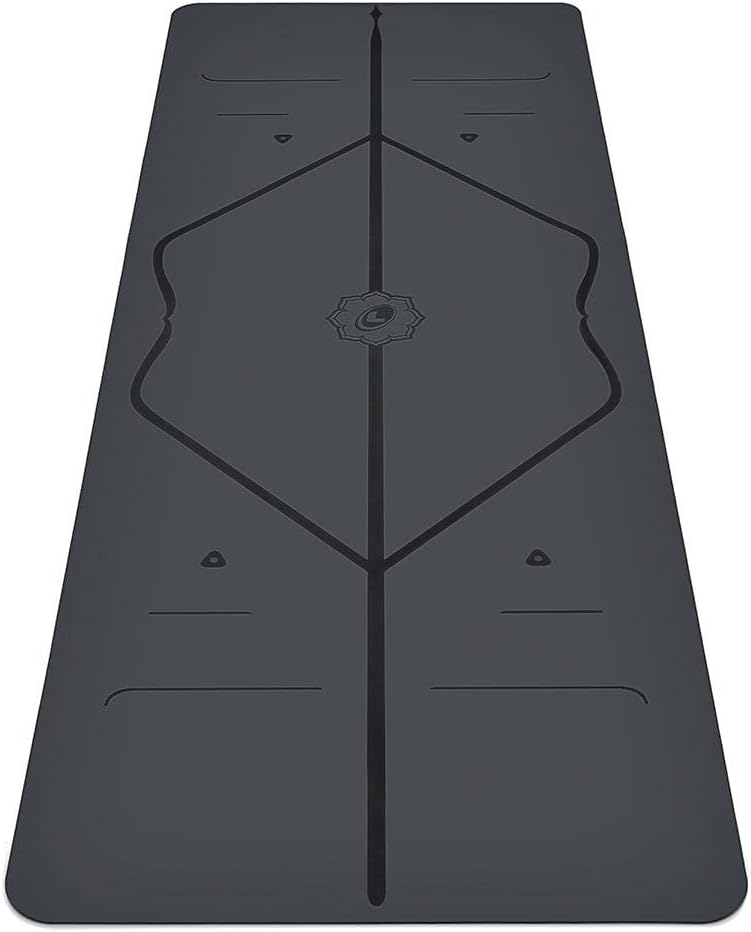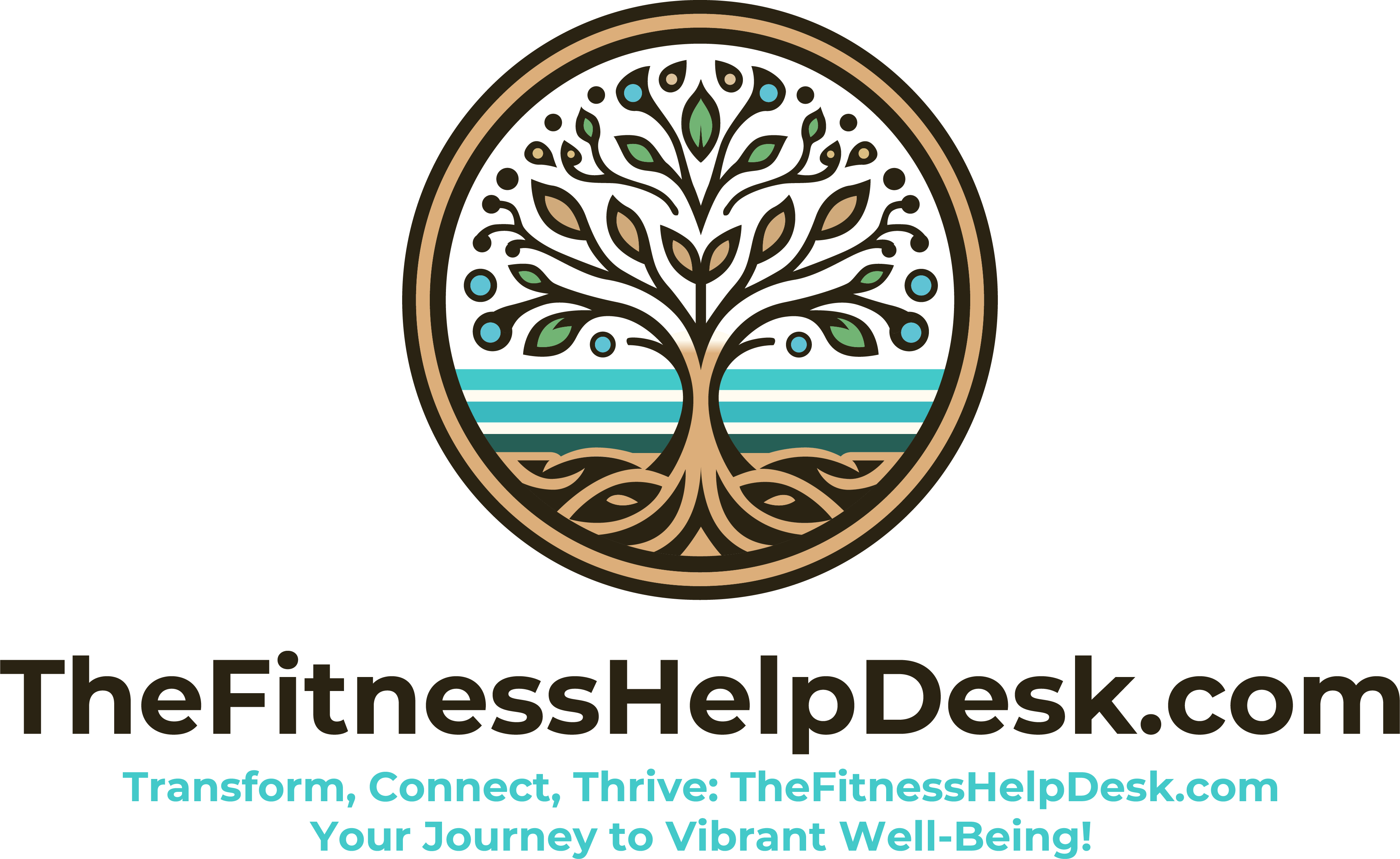The golden years should shine free from the shackles of chronic pain, yet for many seniors, arthritis is an unwelcome companion that dampens the joy of each day. Understanding how to manage this condition effectively is pivotal to maintaining a fulfilling and active lifestyle well into old age. In this guide, we’ll explore eight practical and innovative ways to help seniors ease the burden of arthritis, thereby enhancing their quality of life.
The Weight of Lifestyle Changes

A Health-Packed Plate
Nutrition plays a significant role in arthritis management. A diet rich in antioxidants, Omega-3 fatty acids, and foods containing compounds like glucosamine and chondroitin can help reduce inflammation and support joint health. Seniors are encouraged to include:
- Fruits and vegetables for their anti-inflammatory properties and vitamin C, which is essential for collagen production
- Fatty fish, such as salmon and mackerel, for Omega-3
- Whole grains for fiber and complex carbohydrates, which can help maintain a healthy weight
Conversely, certain foods can exacerbate inflammation and should be avoided or limited, such as processed sugars and trans fat.
Exercise for Elasticity
Regular physical activity is crucial for seniors with arthritis. It helps maintain joint flexibility, strengthens muscles around the joints, and can reduce pain and fatigue. Low-impact exercises like swimming, walking, and cycling are gentle on the joints while still offering a significant health boost.
For those looking for an integrative approach, yoga and tai chi can improve balance and flexibility, which are key to preventing falls and associated injuries.
Adapting the Home Environment
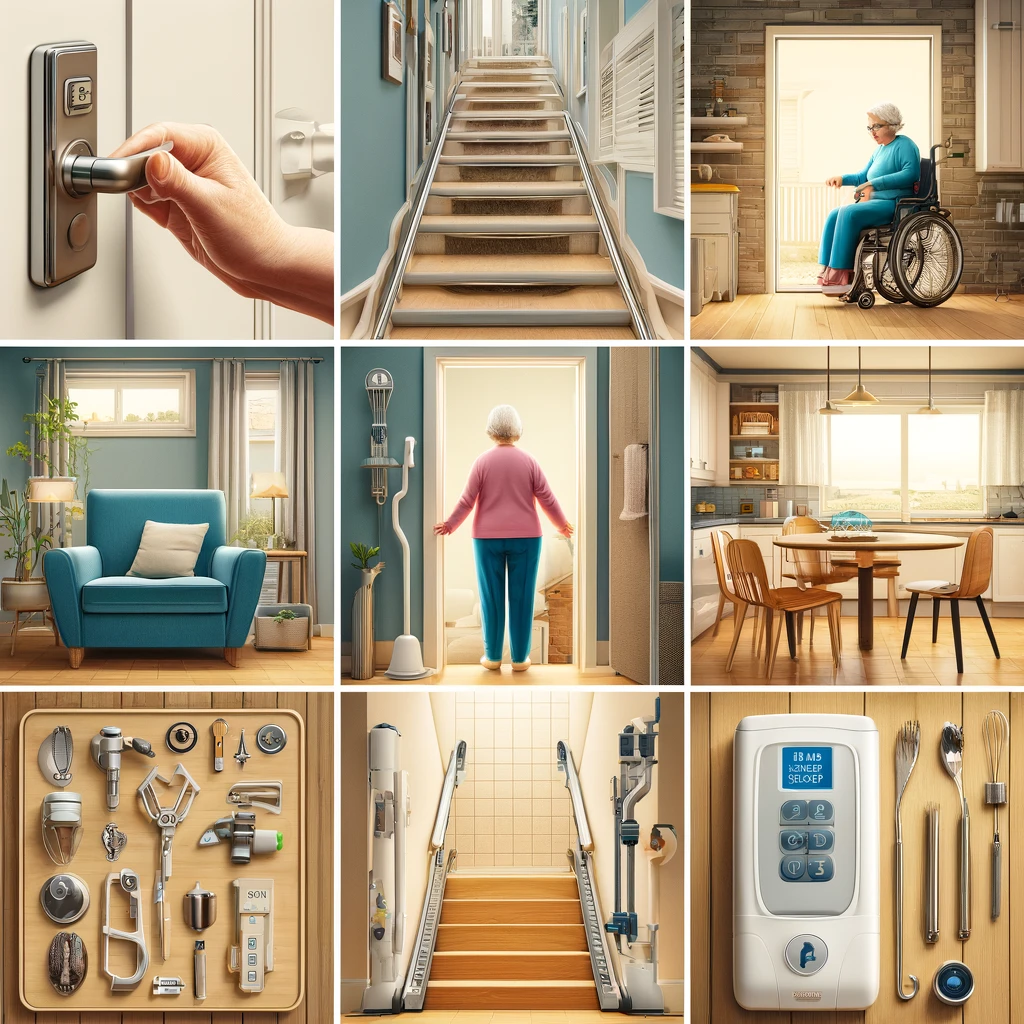
An Arthritis-Sensitive Home
Simple modifications to the home can make daily life more comfortable for seniors with arthritis. These can include:
- Lever-style door handles and taps that don’t require gripping and twisting
- Ramps and stairlifts to negate the need for climbing
- Grab bars installed in bathrooms, which provide support without holding onto objects that might not be secure
Assistive Devices
A variety of devices are available to assist with daily activities, from kitchen and garden tools with larger, ergonomic grips to jar openers and specialized cutlery designed for easier use.
Seniors can find benefit in items such as:
- Motion-activated lights, eliminating the need to search for switches in the dark
- Pill organizers with reminders, ensuring medication is taken consistently
- Reachers and grabbers, which can retrieve items from high or low places without overexertion
These small changes can make a big difference, offering independence and reducing strain on painful joints.
Pain Management Beyond the Medicine Cabinet
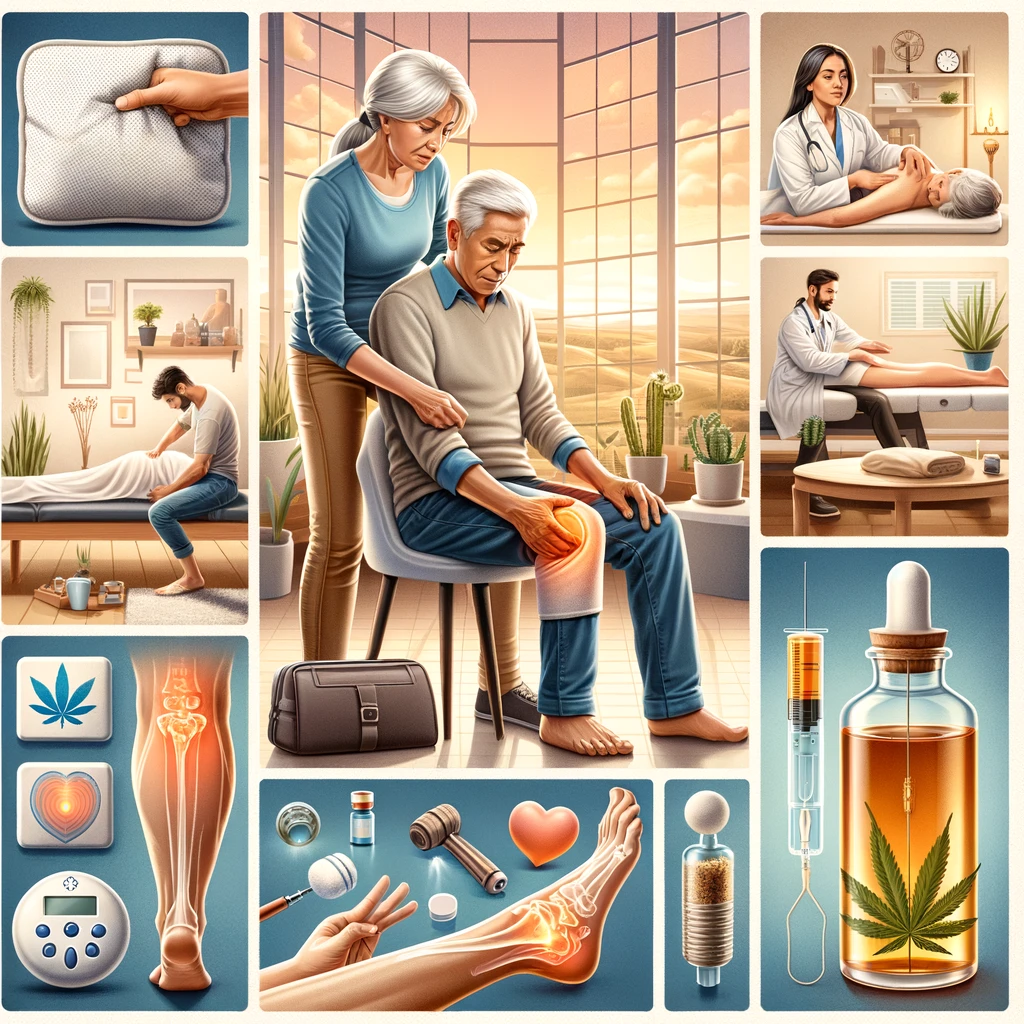
Easing Aches with Temperature
Temperature therapy is a simple yet effective way to ease arthritis pain without medication. Applying heat, usually in the form of a hot pack or warm bath, can help relax muscles and increase circulation to the affected area, reducing stiffness.
Conversely, cold packs or compresses can numb the area, which can be especially helpful post-exercise or during a flare-up to reduce inflammation and swelling.
Holistic Healing Approaches
Non-pharmaceutical treatments such as acupuncture, massage, and chiropractic care have gained popularity for managing arthritis, with many patients reporting improved pain control and range of motion.
It’s important to find licensed and experienced practitioners, but for those who are wary of needles or manual manipulation, there are other effective therapies to consider:
- Transcutaneous electrical nerve stimulation (TENS) units, which use low voltage electricity to interfere with the body’s pain signals
- Cannabidiol (CBD) products, like oils and lotions, can potentially offer pain relief and reduce inflammation, though research on its efficacy for arthritis is ongoing
By exploring these alternative therapies, seniors can find a regimen that provides comfort and mobility.
Medication Management and The Role of Alternatives

The Pill and Its Woes
Common medications for arthritis, such as nonsteroidal anti-inflammatory drugs (NSAIDs) or prescription options like biologics, can be effective in managing symptoms, but they also come with potential side effects.
It’s important for seniors and their healthcare providers to have open discussions about the risks and benefits of any prescribed medication and to monitor for side effects, especially considering additional health conditions and other medications which may interact.
Natural and Herbal Aids
Several natural remedies and supplements are popular choices for seniors seeking relief from arthritis symptoms. Glucosamine and chondroitin, for example, are often taken to promote joint health, although studies have had mixed results on their effectiveness.
Supplements such as turmeric and ginger, known for their anti-inflammatory properties, have also gained traction among arthritis patients looking for a more natural approach.
Supporting Mental Health in Parallel

The Arthritis and Anxiety Tango
Living with arthritis can be challenging, and it’s not uncommon for seniors to experience anxiety, depression, and reduced quality of life as a result.
Strategies for supporting mental health may include:
- Regular physical activity, which has been shown to reduce symptoms of depression and improve mood
- Engaging in hobbies and activities that are enjoyable and provide a sense of accomplishment
- Seeking support from friends, family members, and mental health professionals
Engaging in stress reduction techniques like mindfulness meditation or deep breathing exercises can also be beneficial for maintaining mental wellness.
The Power of Community Support

Leaning on Loved Ones
The support of family and friends can make a significant difference in coping with arthritis. Loved ones can help seniors by:
- Assisting with household tasks or errands
- Providing transportation to medical appointments or support groups
- Participating in activities that allow seniors to remain engaged in their social circles
Community Resources and Programs
Many communities offer programs designed to support seniors with arthritis, ranging from exercise classes tailored to their needs to transportation services and meal programs.
It’s worth exploring the resources available in your area, as they may provide opportunities for engagement, support, and new learning.
Harnessing Technology for Joint Relief
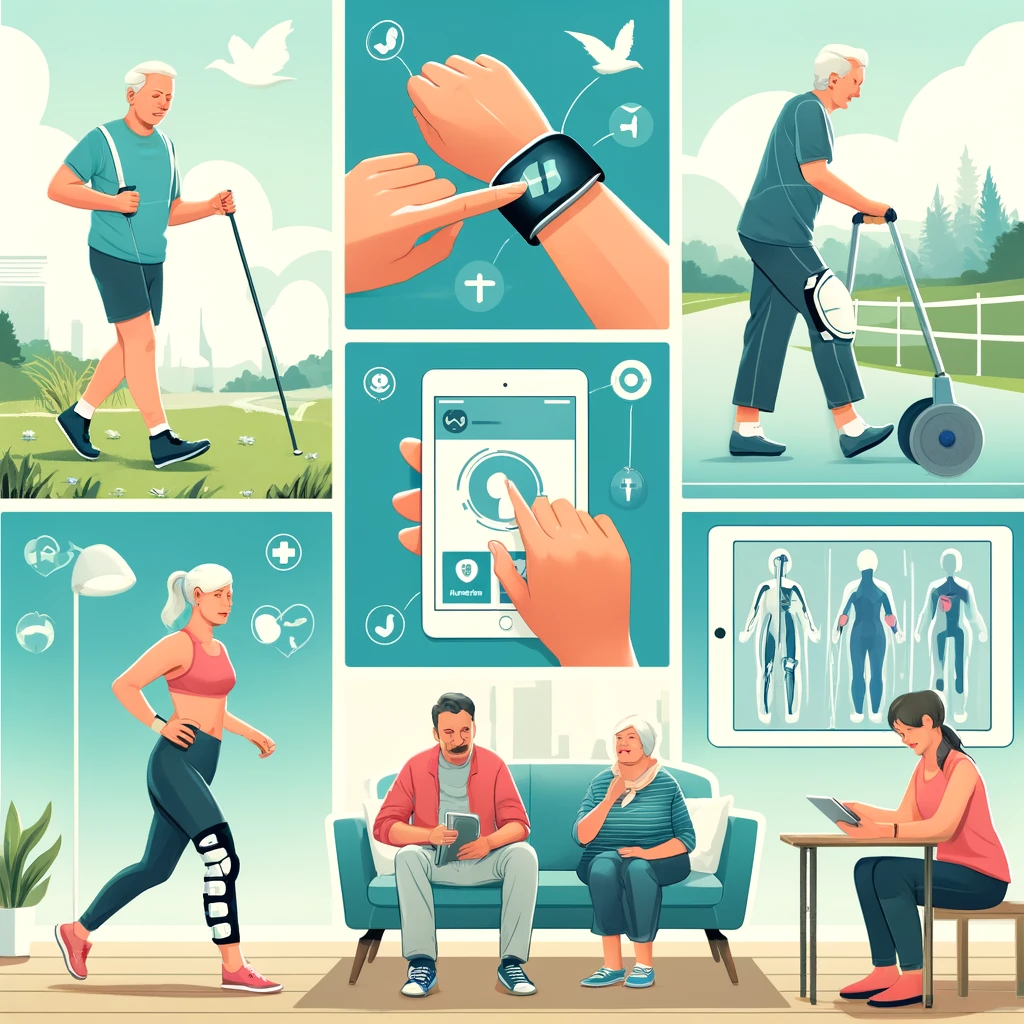
Modern Tools for Ancient Ailments
Technology is continually advancing, which means new innovations are constantly becoming available to aid in arthritis management.
Seniors should consider exploring:
- Wearable devices that track movement and offer prompts for staying active
- Apps that provide exercise routines, pain tracking, and reminders for medication or appointments
- Joint support devices such as braces and splints that can provide additional stability and limit movement for painful joints
By incorporating these tech solutions into their routines, seniors can enhance their ability to manage their arthritis with greater ease and precision.
Looking Forward with Hope and Preparation

The Promising Path of Research
The field of arthritis research is vibrant, with ongoing studies focusing on new medications, advanced surgical techniques, and innovative therapies.
Keep an eye on developments in the field and don’t hesitate to discuss emerging options with your healthcare provider. Participating in research trials can also offer potential access to cutting-edge treatments.
Staying Informed and Proactive
One of the best ways for seniors to remain healthy is to stay informed about their condition and be proactive in their own care.
This means:
- Knowing the symptoms of arthritis and how to manage them
- Regularly visiting healthcare providers for check-ups and to revise treatment plans as necessary
- Remaining open to new treatments and lifestyle adjustments that can improve daily life
In Summary
Arthritis doesn’t have to define the lives of seniors. By adopting a multifaceted approach to management that encompasses lifestyle changes, home modifications, pain management, support systems, and even technology, seniors can take control and reduce the impact of this condition. It’s a journey that requires patience, adaptation, and sometimes a little creativity, but the rewards are greater comfort, improved mobility, and an enriched quality of life.
FAQ’s
A diet rich in antioxidants and Omega-3 fatty acids is beneficial. Seniors should include fruits and vegetables, fatty fish like salmon and mackerel, and whole grains to reduce inflammation and support joint health. Avoiding processed sugars and trans fats is also recommended.
Regular exercise maintains joint flexibility, strengthens muscles around the joints, and reduces pain and fatigue. Low-impact exercises such as swimming, walking, and cycling are advised. Yoga and tai chi can also improve balance and flexibility, reducing the risk of falls.
Installing lever-style door handles, ramps, stairlifts, and grab bars in bathrooms can significantly enhance daily comfort and safety. Motion-activated lights and ergonomic tools for the kitchen and garden are also beneficial.
Yes, applying heat through hot packs or warm baths can relax muscles and increase circulation, reducing stiffness. Cold packs can numb the area and reduce inflammation, particularly useful post-exercise or during flare-ups.
Treatments like acupuncture, massage, chiropractic care, TENS units, and CBD products can offer pain relief and improve mobility. It’s important to consult with healthcare providers to find suitable options.
Discussing the benefits and potential side effects of medications like NSAIDs and biologics with healthcare providers is crucial. Seniors should also be aware of interactions with other medications and monitor for side effects.
Engaging in regular physical activity, hobbies, and social activities can improve mental well-being. Techniques such as mindfulness meditation or deep breathing exercises are also beneficial.
Many communities offer exercise classes, transportation services, and meal programs tailored for seniors with arthritis. These resources can provide valuable support and opportunities for engagement.
Wearable devices that monitor activity, apps that provide exercise routines and medication reminders, and joint support devices like braces can enhance arthritis management.
The field of arthritis research is actively exploring new medications, surgical techniques, and therapies. Seniors can discuss participating in research trials with their healthcare providers to access new treatments.
At The Fitness Help Desk, we help seniors reduce joint pain and arthritis through personalized consultations with our expert personal trainer, Steve Allison. Steve specializes in creating tailored exercise programs that minimize the impact of arthritis, enhancing seniors’ quality of life.










